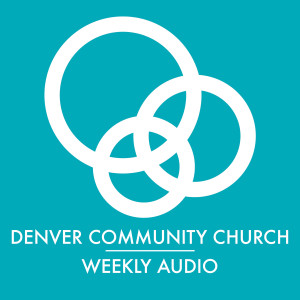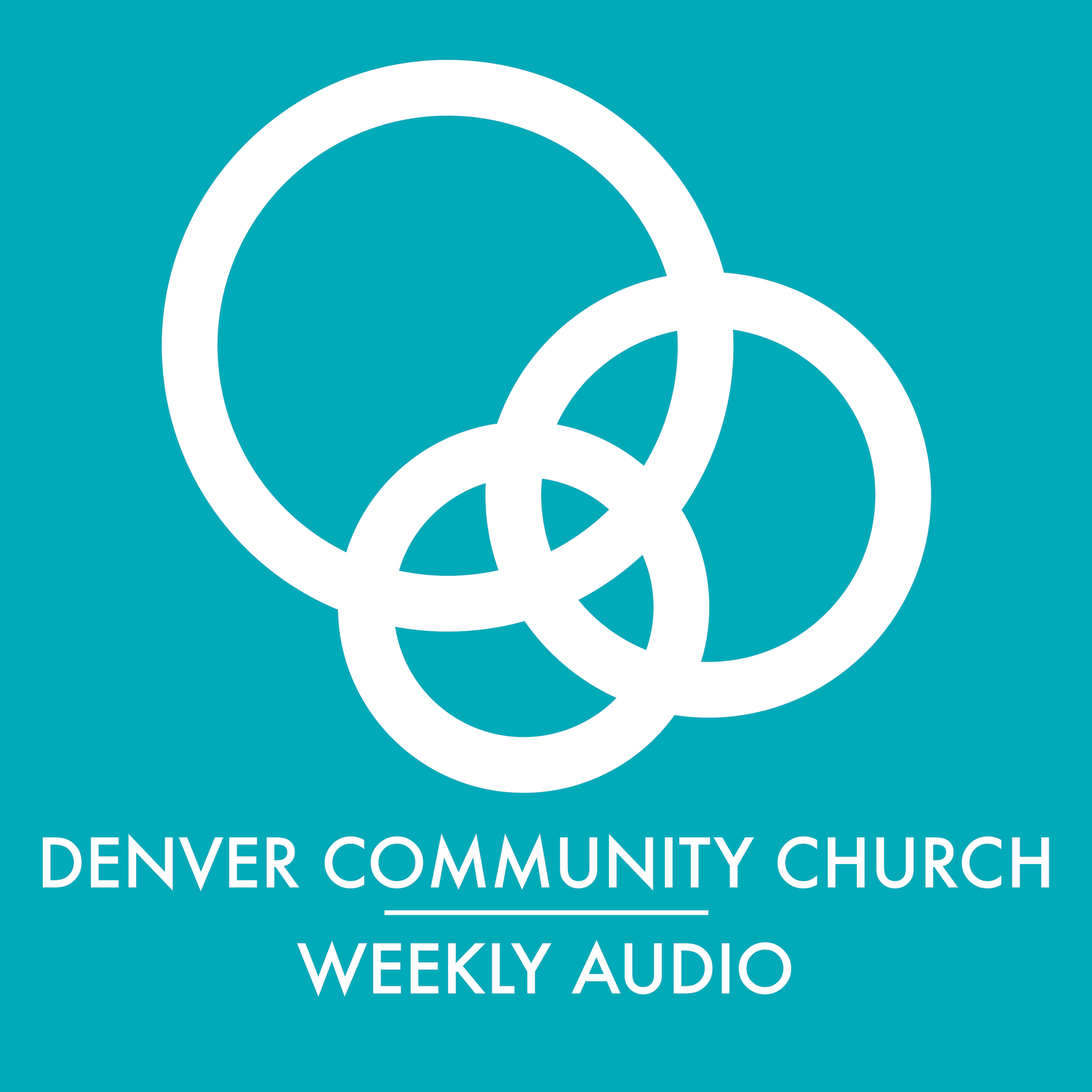Episodes

Sunday Sep 21, 2014
September 21, 2014: Defy Til You Die – Michael Hidalgo
Sunday Sep 21, 2014
Sunday Sep 21, 2014
The accusation that came against Paul was enough to get him crucified. What’s interesting is that while Paul is preaching Jesus, he is accused of a political crime. Because in that world politics was nothing more than a form of religion. Because of this, the Imperial Regime captured the minds and imaginations of the people with regard to what religion is and was.
We are not much different in our world. To preach Jesus is to fly in the face of accepted governmental policies, to go the opposite way of our culture and to say “no” to the things our world demands we say “yes” to. So what keeps us from doing that?

Sunday Sep 14, 2014
September 14, 2014: I Mean Everyone – Landon Lynch
Sunday Sep 14, 2014
Sunday Sep 14, 2014
When it comes to Lydia and the jailer there is something peculiar going on. In both instances, one person believes, and as a result the “whole household” is saved. How can this be? Isn’t conversion an individual decision? This raises significant questions about what salvation is, and how believing in Jesus is so central to that.
So often we think in terms of mental ascent when it comes to salvation and Jesus. Which therefore puts us into the place of determining how we think about salvation. But belief was a bigger reality, and a commitment. We need to understand what it meant to live in a household, to believer in Jesus and what it meant to be “saved.”

Sunday Sep 07, 2014
September 7, 2014: My Son – Michael Hidalgo
Sunday Sep 07, 2014
Sunday Sep 07, 2014
Paul is once again in the region of Lystra and Derbe. The last time he was there he stirred up the crowd into such a frenzy leading to his being stoned. After being stoned he got up and went back into the city – to the very place where people wanted him dead (14.19,20). Now he’s back and he’s met a young man named Timothy.
Paul wants Timothy to follow him, which raises the question, “What did Timothy think of Paul?” He would have, no doubt, known about the stoning and Paul’s getting back up and returning to the city. He knew of Paul’s fearless faith. Paul, had a life worth imitating. If someone watched our life, would they say the same?

Sunday Aug 31, 2014
August 31, 2014: Hard, Not Heavy – Landon Lynch
Sunday Aug 31, 2014
Sunday Aug 31, 2014
This is the hinge on which the book of Acts swings. Until now the good news of Jesus had spread among the Gentiles, and this led to many questions about how they should live, what laws they should observe and what rituals they should participate in. The council of Jerusalem weighs in, giving perspective. This reminds us that true religion is not about all the outward manifestations that we can do … but about the heart that God alone changes.

Sunday Aug 24, 2014
August 24, 2014: I Am (Not) a God – Michael Hidalgo
Sunday Aug 24, 2014
Sunday Aug 24, 2014
It’s tempting at times to seek recognition and accept all the credit for what we do in life. We can easily get to the point where we believe that we are the ones who are deserve the praise. The writer of Acts tells us two competing stories about this happening. One is of Herod (12.21-23) the other of Barnabas and Paul.
Both are thought to be gods. Herod accepts the accolades and it leads to his death. Barnabas and Paul rend their clothes, and beg those who believe the are gods to listen to their witness to the One God. Who are we? Herod or Paul? Do we wish to feed the ego or nourish our souls?

Sunday Aug 10, 2014

Sunday Aug 03, 2014

Sunday Jul 27, 2014

Sunday Jul 20, 2014

Sunday Jul 13, 2014

